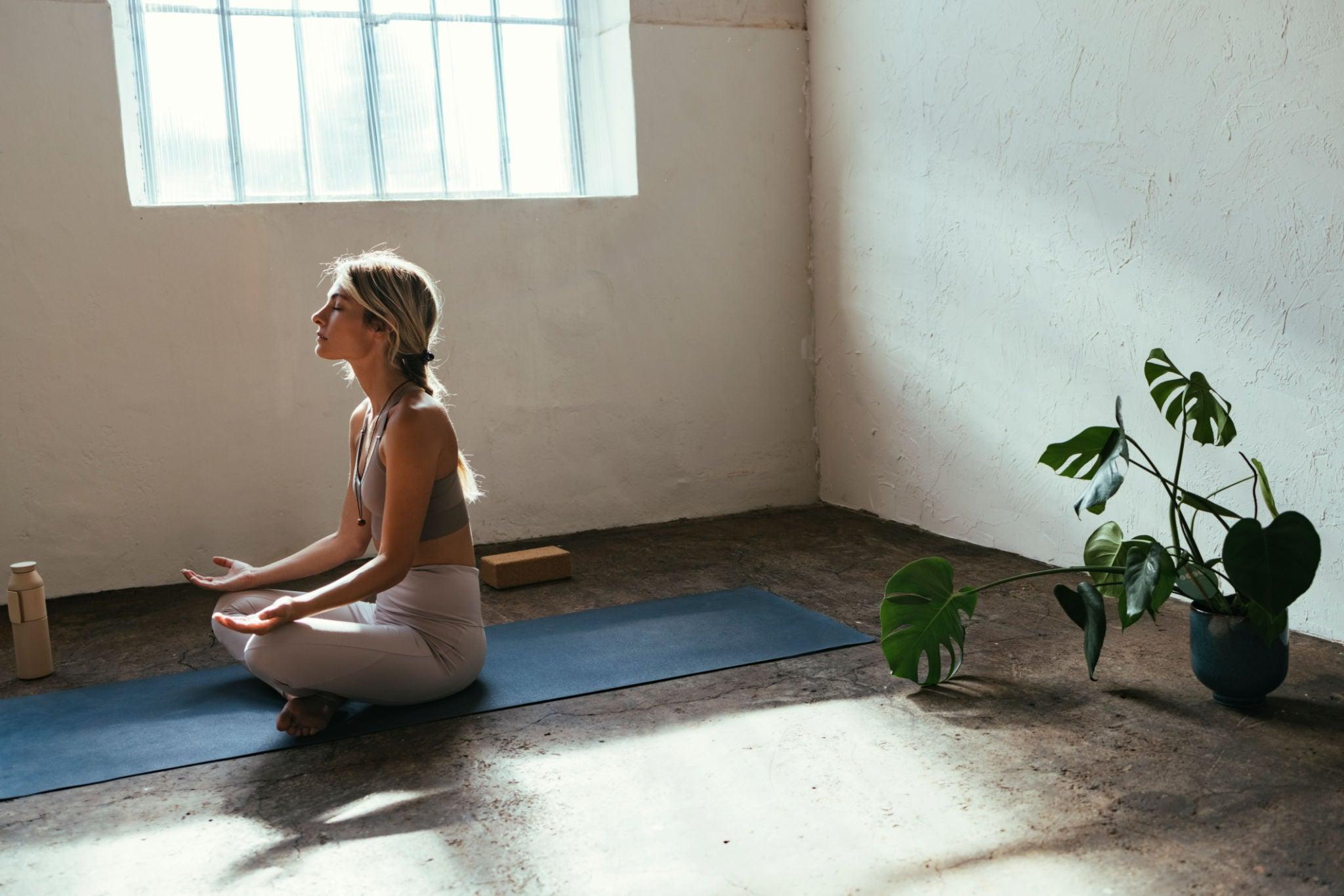
5 tips for recovering well after a workout
After an intense sports session, it is important to take the time to recover properly. Good recovery includes several physical and dietary methods.
Whether you go to the gym or practice various sports (running, crossfit, yoga, climbing...) there are certain techniques to recover effectively in order to be in top shape for your next session. Here are some tips to help you recover.
1. The 5 best tips for recovering after a workout
While there are many ways to rest after a workout, here are five of the most popular and effective methods . You can apply all of them or only some of them depending on your needs and your physical activity.
Stretching after each workout
Some of the best options include dynamic stretching and yoga , both of which are effective at relaxing muscles . They are also a good way to prevent injuries and help improve contracted areas.
These stretches also help improve your flexibility, allowing you to increase your mobility and optimize your body's functions to perform exercises more efficiently. According to professionals, both static and dynamic stretching are effective in increasing mobility.
· Let your muscles rest
Once well integrated into your routine, sport can very quickly become an addiction and it is common to not be able to take a break for fear of destroying all your efforts.
It is certain that consistency and motivation are essential to achieve the desired results. However, it is strongly advised not to follow sports sessions intensively every day and to overwork yourself.
One study calls this the “ overtraining syndrome ” and has shown that not getting enough rest can be counterproductive and lead to mood swings, sleep problems and lowered immune defenses. In order for the muscles to recover, it is essential to take at least one rest day per week.
A lack of sleep can harm all your potential gains ! Thus promote slow and deep sleep, allowing an optimal quality of sleep, which will help you to replenish your energy reserves as well as optimize your muscle gains, and boost your immune system.
Hydration is essential
Before, during, and after every workout, it's essential to drink enough water to avoid dehydration . It's a way to keep your muscles healthy and ready for high impact exercises. It is recommended to drink in small sips during your training sessions.
To this must be added a protein intake after each training session. This way you are helping to repair and rebuild the tissues and muscles that you used in the last workouts.
Massages to relax your muscles
Massages not only help to relax the muscles after an intense sports session but can also make you feel better psychologically. They reduce muscle stiffness and fatigue and play a role in preventing delayed muscle soreness like cramps, and more!
A massage should ideally last 5 minutes per muscle group, starting from the extremities to the root of each muscle. It can be done by hand using an oil containing essential oils. There are also accessories that allow you to massage yourself easily and effectively (roller, massage ball, etc.).
Eat well (especially protein)
Protein and carbohydrates are essential to fuel your muscles after sports. Before and after each workout, you need to eat to restore your energy and build muscle. Do not hesitate to eat foods rich in protein (animal or vegetable protein) to promote muscle recovery.
You can't eliminate carbs from your diet because you need them to replenish your energy stores and prepare for the next workout. To deprive yourself of carbohydrates to lose weight is a received idea. Keep in mind that to shed those extra pounds, you only need to expend more calories than you eat (calorie deficit).

2. Understand the types of muscle recovery
As you have understood, recovery is the key to the success of our performances. This phase is absolutely essential to help you last over the long term and achieve your goals more effectively. But did you know that there are two types of muscle recovery ?
Passive Recovery
It consists of letting the body regenerate on its own , relying solely on its ability to recover. Sleep is the main form of passive regeneration.
active recovery
These are all physical activities performed at low intensity so that the body can recover better. Therefore, instead of stopping the exercise completely, reduce the intensity accordingly. It's about adjusting your training plan with low to moderate physical efforts aimed at helping the body recover faster such as active walking, gentle yoga, cycling, swimming, running... In this way, your muscles need less time to recover.
Other measures you can implement to recover after a workout
As mentioned before, there are many alternatives to regenerate your muscles after sport and optimize your rest time. There are other possibilities to make the process more efficient:
Treat yourself to a sauna day
This is the preferred method for most people because it allows total relaxation of body and mind.
Consult a physiotherapist
If you practice a sport in a sustained way, it is good to call on a professional physiotherapist who can relieve your body and give you the best advice in terms of rest and healing in case of injury.
Take a long, relaxing bath
After an intense sports session, the best thing to do is to take a hot bath to improve blood circulation and relax the muscles. Ideal for relieving heavy legs and feeling lighter after training!

3. Importance of a good recovery after each session
If you want to optimize your performance, optimize your muscle regeneration or prevent muscle injuries, it is essential that you have an effective recovery.
Recovery routines depend on the type of sport you do and the intensity with which you do it.
For better physical endurance in particular, rest is essential. Constantly stringing together intense workouts does not guarantee that you will have more endurance or the desired results in less time.
On the contrary, you risk stagnating . Recovery is important when you start playing sports or following a training program.



